
系统工程与电子技术 英文版,Introduction
时间:2024-10-04 来源:网络 人气:
Introduction
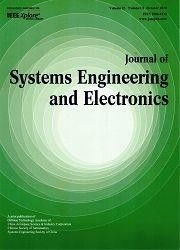
With the rapid development of technology, the fields of systems engineering and electronic technology have become increasingly intertwined. This article aims to explore the significance of these two disciplines, their interplay, and the future trends in this dynamic field.
Understanding Systems Engineering
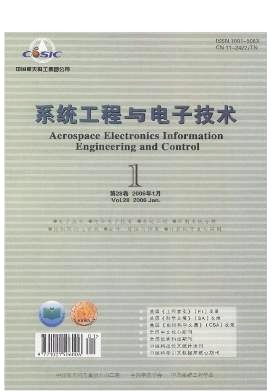
Systems engineering is a multidisciplinary field that focuses on the design, integration, and management of complex systems. It involves the application of scientific and engineering principles to optimize the performance of systems. Systems engineers are responsible for identifying system requirements, defining system architecture, and ensuring that the system meets its intended purpose.
Tags: SystemsEngineering, ComplexSystems, SystemDesign
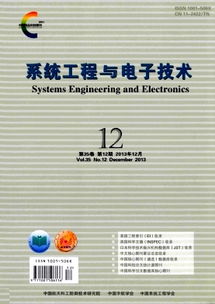
The Role of Electronic Technology

Electronic technology, on the other hand, deals with the manipulation of electrical currents and fields to achieve desired effects. It is the backbone of modern communication, computing, and control systems. Electronic technology has revolutionized various industries, from consumer electronics to aerospace and defense.
Tags: ElectronicTechnology, ModernCommunication, ControlSystems

The Intersection of Systems Engineering and Electronic Technology
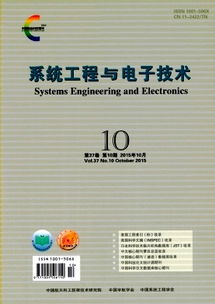
The intersection of systems engineering and electronic technology is where the magic happens. By combining the principles of systems engineering with electronic technology, engineers can create innovative solutions to complex problems. This collaboration is evident in the development of advanced communication systems, autonomous vehicles, and smart cities.
Tags: Interdisciplinary, Innovation, ComplexProblemSolving
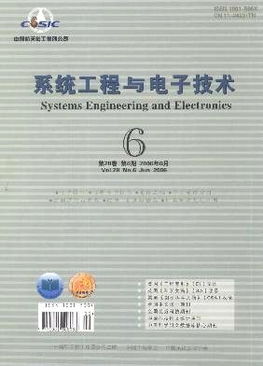
Case Studies: Real-World Applications

Let's take a look at some real-world applications where systems engineering and electronic technology have made a significant impact:
1. Advanced Communication Systems
Systems engineers work alongside electronic technologists to design and implement communication systems that can handle large amounts of data with high reliability. This includes satellite communication systems, underwater communication networks, and wireless communication technologies.
Tags: CommunicationSystems, SatelliteCommunication, WirelessTechnology
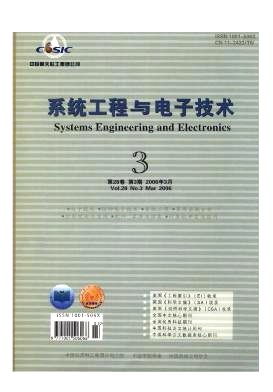
2. Autonomous Vehicles
The development of autonomous vehicles requires a deep understanding of both systems engineering and electronic technology. Systems engineers ensure that the vehicle's systems work together seamlessly, while electronic technologists focus on the sensors, processors, and communication systems that enable the vehicle to navigate its environment.
Tags: AutonomousVehicles, SensorTechnology, NavigationSystems

3. Smart Cities
Smart cities are becoming increasingly reliant on systems engineering and electronic technology to improve the quality of life for their residents. This includes the integration of smart grids, intelligent transportation systems, and public safety systems.
Tags: SmartCities, SmartGrids, IntelligentTransportation

Future Trends

The future of systems engineering and electronic technology is bright, with several trends shaping the landscape:
1. Internet of Things (IoT)
The IoT is expected to connect billions of devices, creating a vast network of interconnected systems. Systems engineers and electronic technologists will play a crucial role in ensuring the security, reliability, and efficiency of these networks.
Tags: InternetofThings, InterconnectedSystems, NetworkSecurity

2. Artificial Intelligence and Machine Learning
AI and machine learning are transforming the way systems are designed and operated. Systems engineers and electronic technologists will need to adapt to these new technologies to create intelligent systems that can learn, adapt, and improve over time.
Tags: ArtificialIntelligence, MachineLearning, IntelligentSystems

3. Quantum Computing
Quantum computing has the potential to revolutionize the field of electronic technology, enabling the development of new algorithms and systems that can solve complex problems more efficiently. Systems engineers will need to understand the implications of quantum computing on their designs.
Tags: QuantumComputing, AlgorithmDevelopment, ComplexProblemSolving

Conclusion

In conclusion, the fields of systems engineering and electronic technology are closely linked and play a vital role in shaping the future. By combining the strengths of both disciplines, engineers can create innovative solutions to complex problems, leading to advancements in various industries. As technology continues to evolve, the importance of these fields will only grow, making them essential for anyone interested in the future of engineering.
Tags: EngineeringFuture, DisciplinaryCombination, Innovation

相关推荐
教程资讯
教程资讯排行











